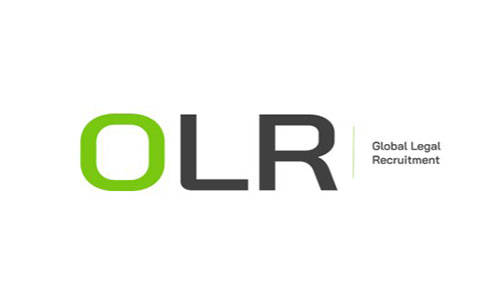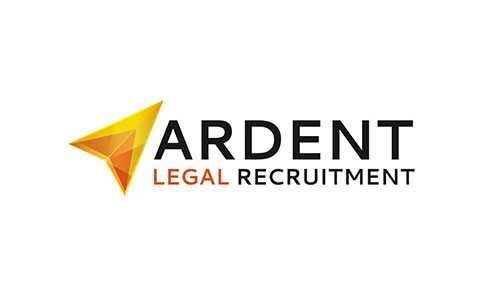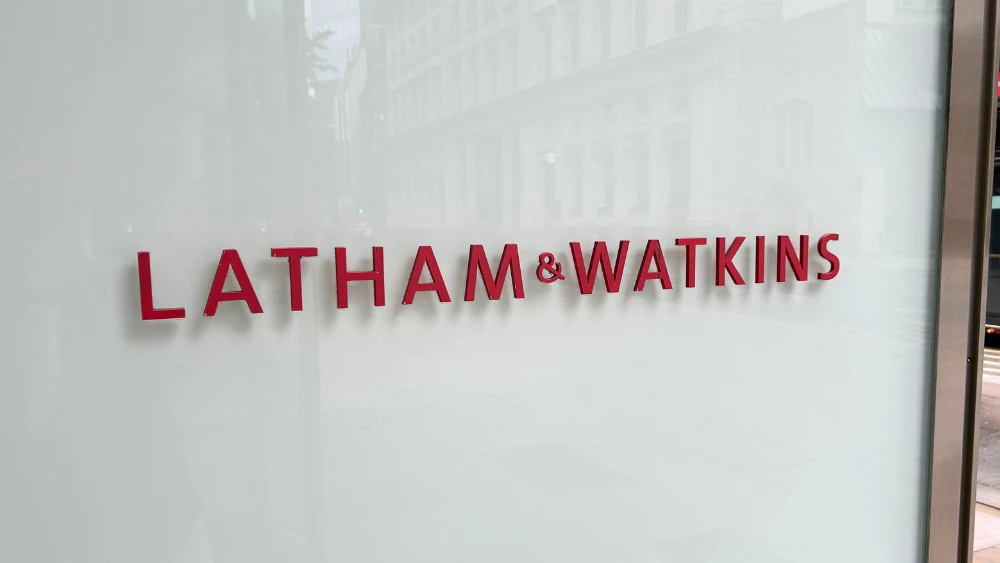Burford targets law firm investments as PACCAR chills litigation funding market

Litigation funding giant Burford Capital says it's actively looking to invest in law firms of all types, as interest in external capital from firms begins to pick up.
The funder warned that the PACCAR ruling has made the UK less attractive for litigation finance, prompting it to shift capital to other jurisdictions.
Litigation funder Burford Capital says it’s actively looking at more opportunities to invest in law firms, but warns the UK risks losing business thanks to ongoing uncertainty flowing from 2023's controversial PACCAR ruling.
Speaking at a media briefing this week, CEO Chris Bogart and chief development officer Travis Lenkner said Burford is actively exploring equity stakes in firms, as part of a broader strategy to double the size of the business in five years.
Long-term capital, not PE roll-ups
Burford already holds stakes in law firms - it first took a minority position in London litigation boutique PCB in 2020 - and says it's scouting for more. And it’s not just targeting litigation specialists. Bogart said Burford is looking at investment in law firms of all types, framing the strategy not as a private equity-style roll-up, but as long-term, strategic capital into established practices.
The mood is shifting, according to Lenkner (who re-joined Burford last year, with part of his remit to explore equity investments in the sector).
"We are speaking to law firms that are more sophisticated and understand the benefits of external investment", he said, noting a renewed wave of interest from firms in accessing private capital. It’s another signal that deal-making between law firms and alternative capital providers is quietly gathering pace again, even if few have yet gone public.
PACCAR pain
But it wasn’t all bullish. Bogart was candid about the impact of the Supreme Court ruling in PACCAR, which cast doubt on the enforceability of many litigation funding agreements by classifying percentage-based returns as damages-based agreements (DBAs).
"It’s a problem for London", Bogart said, warning that the uncertainty created by the decision is forcing Burford to "underallocate capital to the UK". Previously, the funder had routinely designated London as the arbitral seat and English law as the governing law of its funding agreements, regardless of the counterparty’s location. Not anymore. Paris and Singapore are now preferred.
Bogart likened the resulting market chill to the disruption caused by Donald Trump’s tariff wars, adding that what the litigation finance industry needs more than anything is predictability and certainty.
The UK government has so far held off on responding to PACCAR, pending a review from the Civil Justice Council (CJC) due this summer. But the longer the delay, the greater the risk of long-term capital flowing elsewhere.
Merricks fallout
Bogart also addressed the messy fallout from Merricks v Mastercard. The case was initially funded by Gerchen Keller Capital - now part of Burford - before the mandate shifted to Innsworth. Bogart said Burford "was less enthusiastic about it overall and decided not to proceed", a nod perhaps to doubts over the ultimate commercial upside.
That scepticism may have been well-placed: the Competition Appeal Tribunal (CAT) approved the controversial £200 million settlement this week, despite the very public bust-up between Innsworth and class rep Walter Merricks, that even saw Innsworth start arbitration proceedings against Merricks over his decision to settle, with Mastercard (who Merricks was suing) agreeing to give him up to £10 million to cover his defence.
Bogart admitted Innsworth’s decision to sue Merricks was "unusual" and that the public blow-up between funder and claimant was "regrettable" - a sentiment shared widely across the litigation community.
Join 10,000+ City law professionals who start their day with our newsletter.
The essential read for commercially aware lawyers.







